This Awesome New Documentary Is Tackling Sexism in the Tech Industry Head-On
CODE: Debugging the Gender Gap = required viewing.
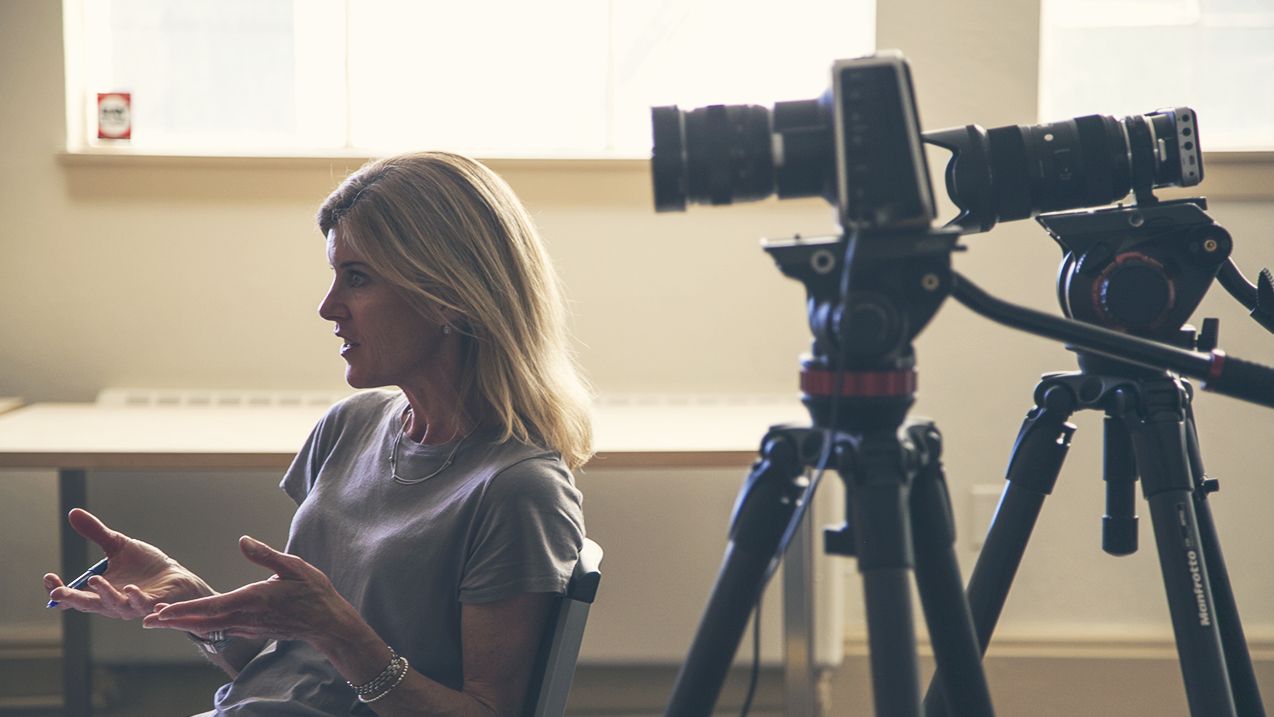

If you're thinking about the tech industry's gender problem, the first people who come to mind *probably* aren't toddlers. (Bear with me here.) Well, a new documentary called CODE: Debugging the Gender Gap premiered at this month's Tribeca Film Festival, and it masterfully deconstructs the ways women are shut out of the tech world—pretty much starting at birth. Consider, for example, how little girls are traditionally given dolls and other toys found in the "pink" aisle while many toys for boys promote machine learning and problem solving.
It only gets worse from there, as we girls learn that we're not supposed to be good at subjects like science and math, and we see image after image of tech's "brogrammers." One of the themes CODE takes on so well is that computer science is a skill that translates to any interest under the sun, be it fashion, journalism, sports, or something else. Pixar's director of photograph Danielle Feinberg is one of the film's recurring subjects, and she talks about her loves of art and computer science with equal passion.
Produced by Staci Hartman and Robin Hauser Reynolds, CODE is a documentary that considers a complex set of problems but isn't light on proposed solutions. Marie Claire had the opportunity to chat with Hauser Reynolds, who also directed the film, about the making of CODE.
What inspired you to make CODE?
"My daughter was studying computer science in college. She was always an academic girl and very confident, and she started saying things like, 'There's only one other woman in the class,' and 'Mom, I hate this,' and 'Everyone else knows so much more than I do about it.' And I said, 'Well, aren't you in the beginning of the class?' And she's like, 'Yeah, that's the thing – they've all been doing it forever!' And, because of gaming, it's true. Also, my co-producer's daughter had started working for a start-up. She was in a non-tech role but she saw what it was like to be a young woman in that culture. From those two perspectives, we found it all fascinating. "
I thought one of the things CODE did a great job with was showing the structural barriers that deter women from pursuing STEM, from early childhood onwards to high school, college, and professional life. Do you think one stage is most crucial to solving the gender gap?
"I think what we need to do is somehow change the stereotype. I think that's crucial because girls and people of color aren't going to want to get into computer science if there is the stereotype that it's for white, geeky men. That's just the beginning though. After that, we need to put computer science in all schools. Maybe if we get computer science in the curriculum, that will get girls to be more comfortable and realize how creative it really can be."
Why is there such resistance in both public and private schools to add computer science to the curriculum?
"Technology is moving at such an incredible pace, but academia is so slow. I think part of it is they don't know where to fit it in. Is it a science? Is it a math? Is it a language? What [Chief Technology Officer of the United States] Megan Smith says is that it needs to be incorporated across the board. But a lot of teachers are intimidated to teach it. They know that kids have been gaming and playing Minecraft and all these games. They know that the kids are going to know more than they do about it. And if you're a 30-year-old who knows how to code, you're going to be making a lot more money at a start-up than as a teacher."
In the documentary, Glimpse co-founder Elissa Shevinksy says it's hard to encourage women to come into a sexist industry, and one where they won't receive funding, with a good conscious. How can women in these fields navigate this conflict of interests?
"I think that's really difficult and that women need to be bond and be supportive of each other. Women need to teach male coworkers how to make the space comfortable for women. Men need to figure it out—I don't want to put all the onus on women. It shouldn't be. It's not about the women changing all the time. It's about men figuring it out and learning, but I think the reality is that we're going to have to teach them."
Stay In The Know
Get exclusive access to fashion and beauty trends, hot-off-the-press celebrity news, and more.
One of the most jarring parts of the documentary was on the history of airbags: that women and children were killed by them because men who designed them never thought about body types other than their own. What are other dangers of STEM fields being dominated primarily by the white male perspective?
"It's interesting to look not just at STEM. Think about Chevy when they decided to market the Chevy Nova to Latin America. In Spanish, Nova means 'no va,' which means 'doesn't run, doesn't go.' Did nobody think once about the name? It completely failed in Latin America. I think there's always a case for hiring diversity in design and engineering and marketing panels. If you have a homogenous engineering group, they're going to think about things that they need: the dry cleaning app, or, 'How are we going to get food to come to me when I'm still working at 3am logging an algorithm?' But what about a woman who's living in low-income housing, who's a single mom: how does she deal with finding her next apartment? What about having an app that allows you to put in your needs and pop up and show you notifications when there's an available housing opportunity for you?"
Right. What can other colleges and companies learn from places like Harvey Mudd and Etsy where efforts made to increase gender equality among compsci students and programmers were very successful?
"I think it's just taking those simple steps to start with. The very first computer science 101 classes tend to have men who are super enthusiastic about the knowledge they've been gaining since they were seven [via gaming]. There are programs like UC Berkeley's CS Kickstart, a week-long program that introduces students to computer science before taking their first class in it. What they're really doing is saying, 'Here's what you need to know so that when you come into the class this fall, you're going to feel supported.' At Berkeley, they also renamed the 101 class 'The Beauty and Joy of Computing.' Just by doing that, they attracted more women."
I can see how that would be more inviting. What about at companies like Etsy?
"It was actually Nate Blecharczyk from Airbnb who said the hardest thing they did was hire the first woman. And it's true, right? Because it takes a very special woman to come onto an engineering team of all men. And once you have that woman, the important thing is, how do we get more women? Or how do you get more socio-economic diversity or more people of color on your team? Part of it is expanding your interview panel, because we all tend to hire people like us. Having zero tolerance for sexism in the workplace means we need male allies that are going to be strong enough to stand up to coworkers when they think something's out of line. And everybody needs a role model. I think we need role models and mentors within companies to help support women and people of color as they're coming on."
What's the most shocking thing you learned while making the film?
"I was really surprised that there were more women in science in the mid-1980s than there are now, that the numbers are actually getting worse. That was very shocking to me. It's like Gloria Steinem said, women have always been an equal part of the past but not an equal part of history. Boy, that sure is the case, right? How come I didn't know who Ada Lovelace was? How many of us know Grace Hopper?"
And she's so cool! So, if major changes in the field are made, do you think computer science could actually be a catalyst for gender equality in general? Since it's a field with so much potential for innovation and money to be made…
"It's a serious economic issue, right? There will be one million unfilled jobs by 2020 in the coding world. And the whole room listens when it has to do with our kids finding jobs, or jobs for ourselves, or the economy. If we can convince a person of that, that it's hugely important, we can use it as a catalyst for change. I mean, people in law have reached out to me. A lawyer came to the premiere and she said she was there with three or four members of the law firm, and they want me to screen the film there. They're interested in it because women could relate to feeling like there was sexism at work. They were able to take away some it and share it with their coworkers. And that's hugely rewarding for us. We're making differences. If we're affecting people not just in the tech sector, but people in law, or economics, or any industry can relate to our story, that's great. It's very rewarding."
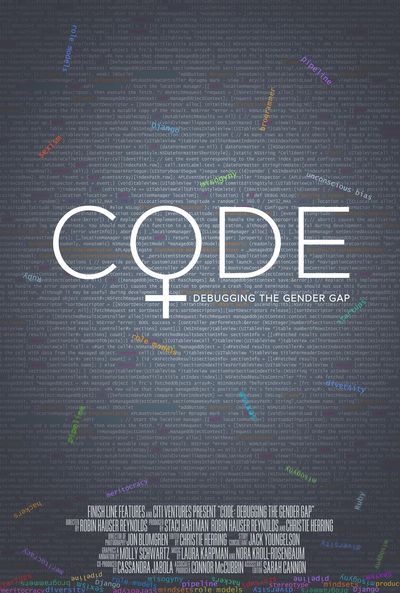
You should also check out:
Ellen Pao Has Eliminated Salary Negotiations at Reddit Because They Encourage Gender Bias
Tech Influencers: The 3 Women Changing Everything
A Huge Number of Female Engineers Are Leaving the Industry
I'm the features editorial assistant at Marie Claire. Before working at MC, I spent time in the production department at The New Republic and writing about politics for Bustle. When I'm not writing, you can find me museum-hopping, practicing mediocre yoga, and stalking pugs on Instagram.
-
 Princess Anne's Unexpected Suggestion About Mike Tindall's Nose
Princess Anne's Unexpected Suggestion About Mike Tindall's Nose"Princess Anne asked me if I'd have the surgery."
By Amy Mackelden Published
-
 Queen Elizabeth's "Disapproving" Royal Wedding Comment
Queen Elizabeth's "Disapproving" Royal Wedding CommentShe reportedly had lots of nice things to say, too.
By Amy Mackelden Published
-
 Palace Employees "Tried" to Get King Charles to "Slow Down"
Palace Employees "Tried" to Get King Charles to "Slow Down""Now he wants to do more and more and more. That's the problem."
By Amy Mackelden Published
-
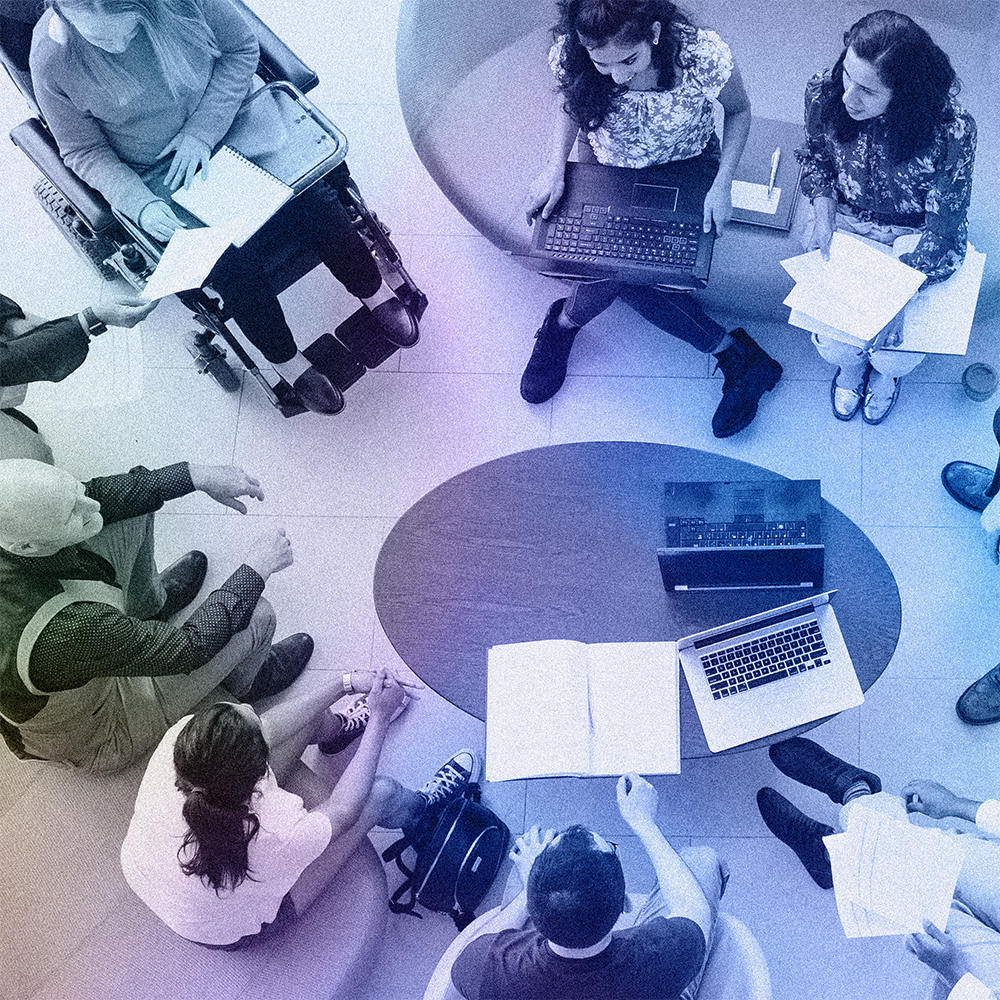 So Your Company Is Diverse, Now What?
So Your Company Is Diverse, Now What?Morgan DeBaun, CEO and co-founder of Blavity, shares her best advice for running a multicultural company.
By Morgan DeBaun as told to Maria Ricapito Published
-
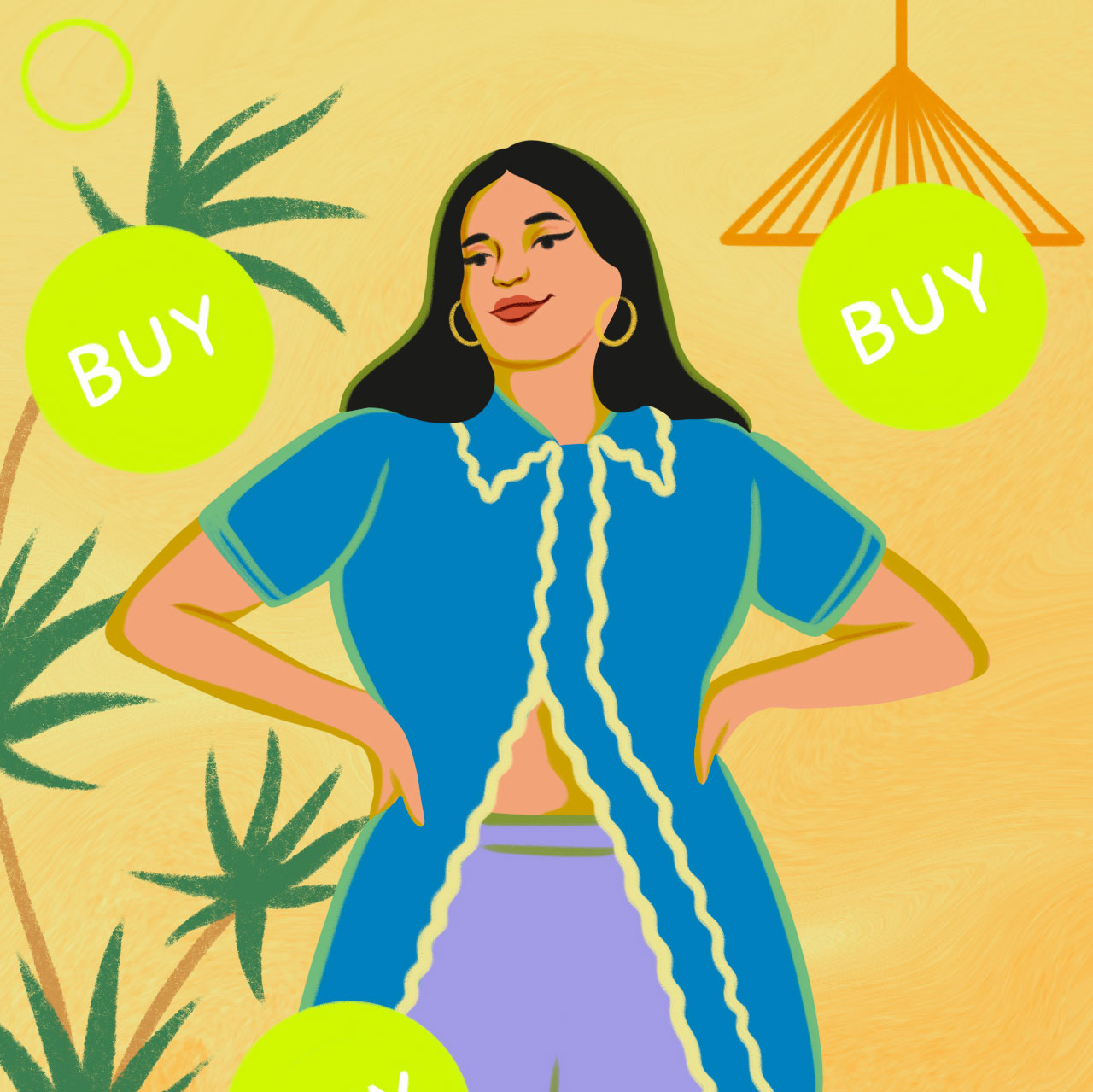 The Competition for Creators
The Competition for CreatorsCreators hold more power than ever—and companies are taking stock.
By Rachel Epstein Published
-
 Power Players Build on Success
Power Players Build on Success"The New Normal" left some brands stronger than ever. We asked then what lies ahead.
By Maria Ricapito Published
-
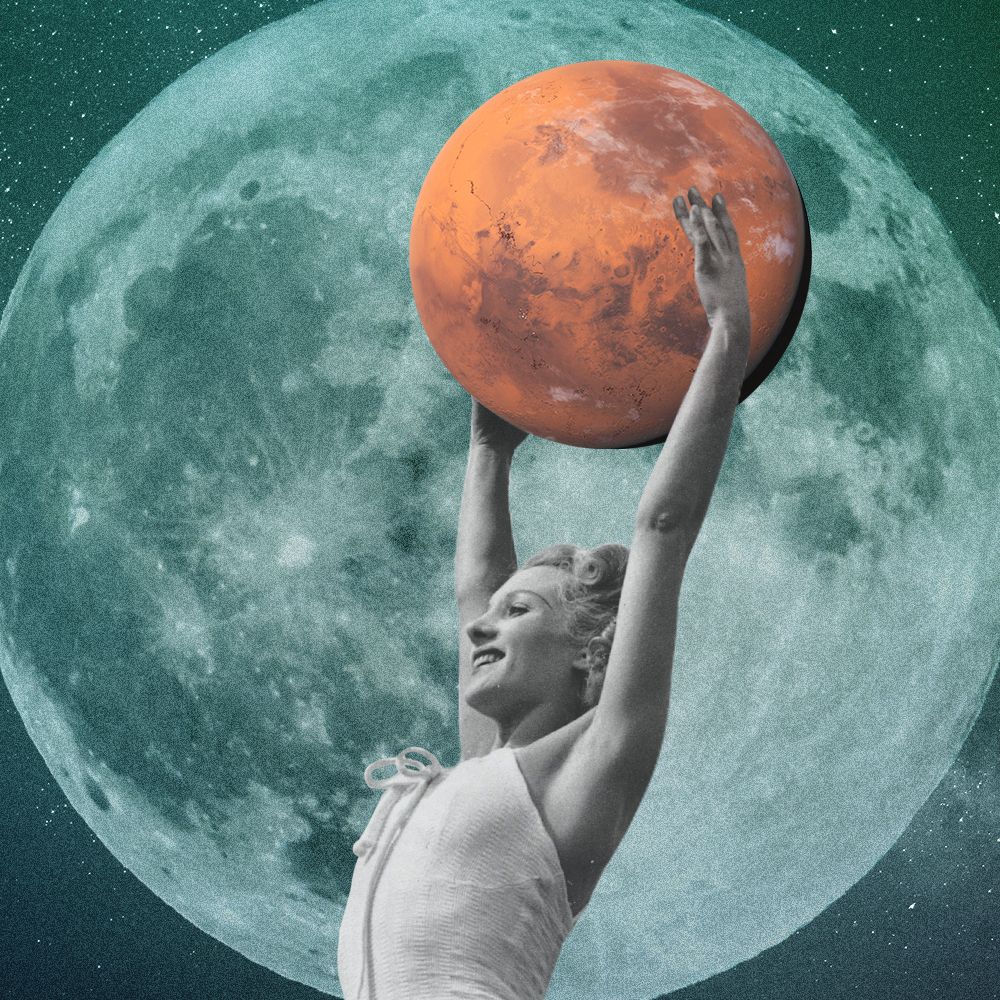 Mars Needs Women
Mars Needs WomenThey eat, breathe, and weigh less than men, which, in the context of a months-long space flight, could be a real game-changer. Plus, they bring soft skills that might make the trip a lot more pleasant.
By John Scott Lewinski Published
-
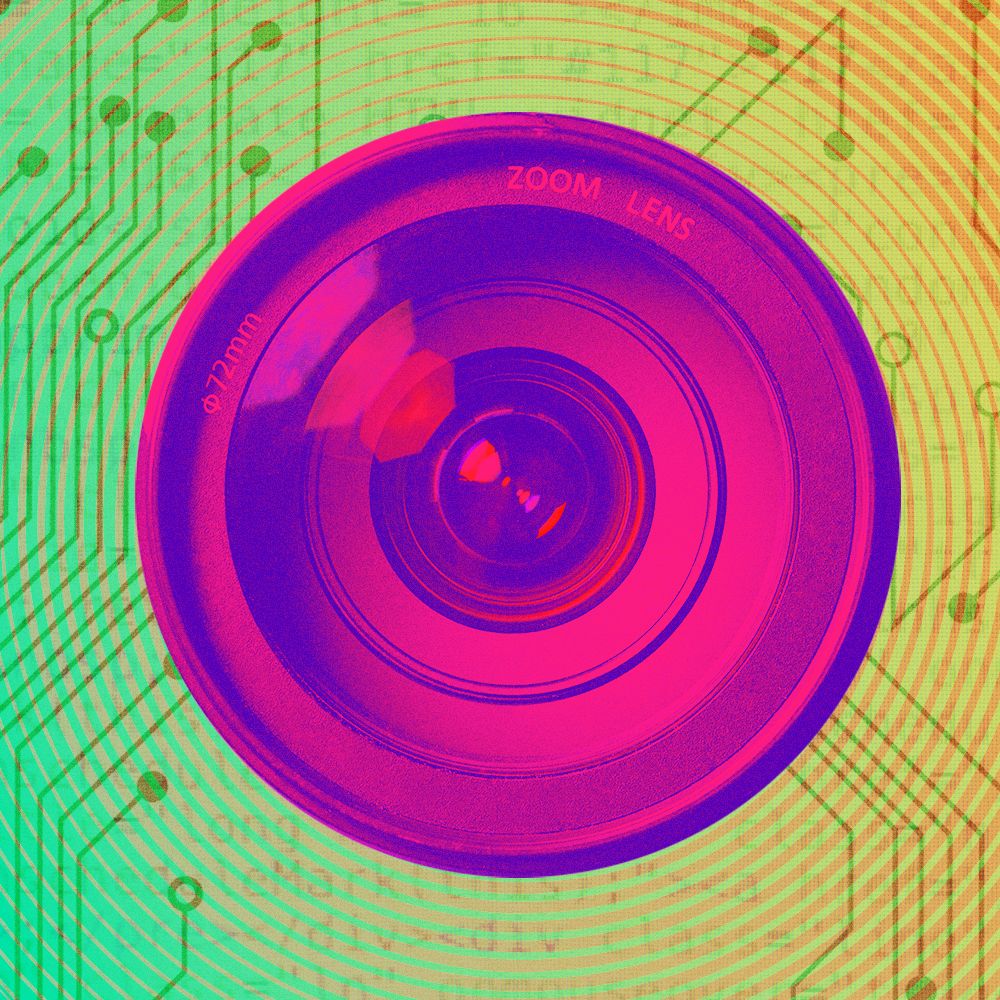 Is My Workplace Watching Me?
Is My Workplace Watching Me?As we adjust to the work-from-home life, some worry employers might take, um, more liberties when it comes to our private data.
By Kate Dwyer Published
-
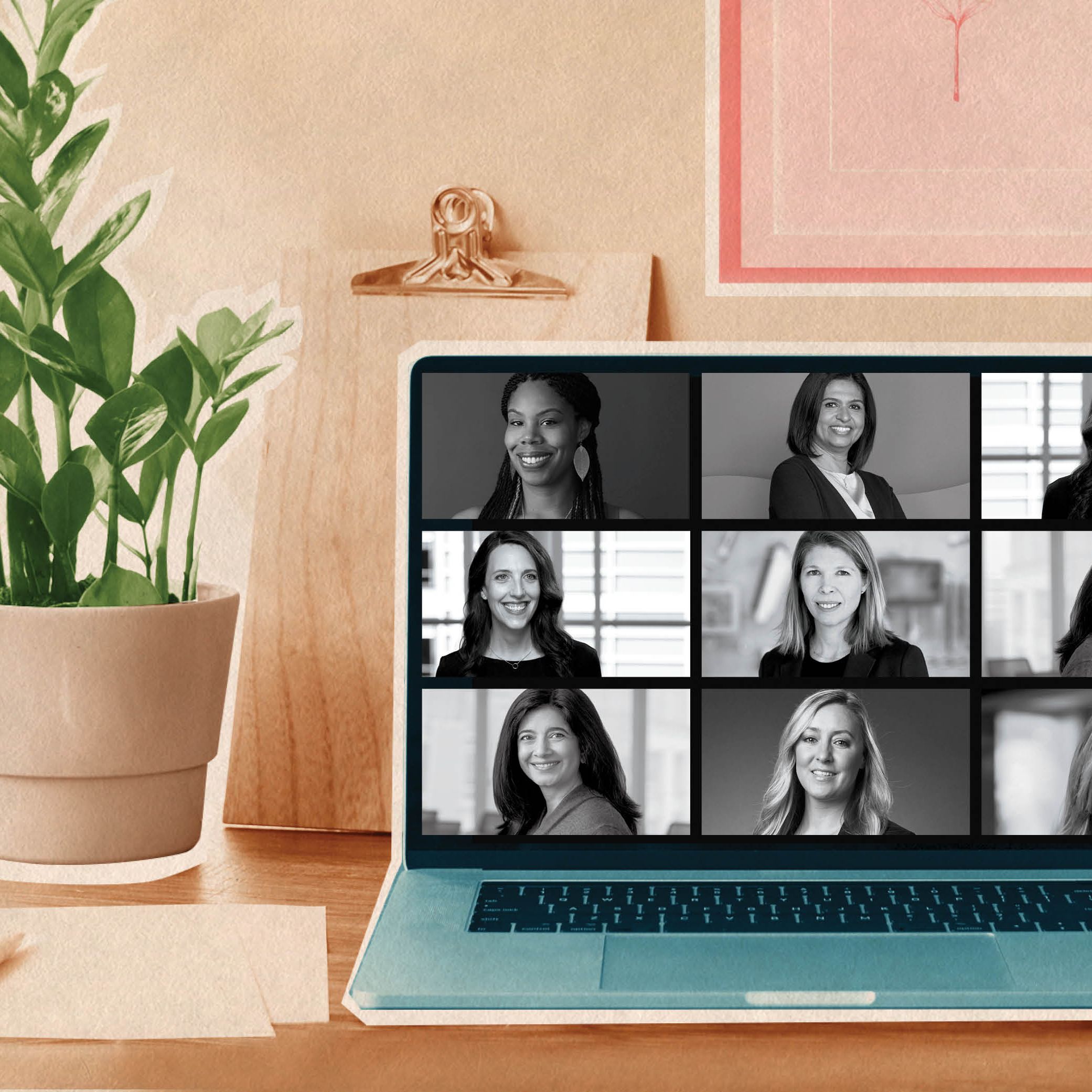 The Women Reinventing the Way We Work
The Women Reinventing the Way We WorkCOVID-19 forced about two thirds of Americans to hastily pack up their offices and head to homemade workstations. Many will never go back. These six women are making WFH the new reality.
By Megan DiTrolio Published
-
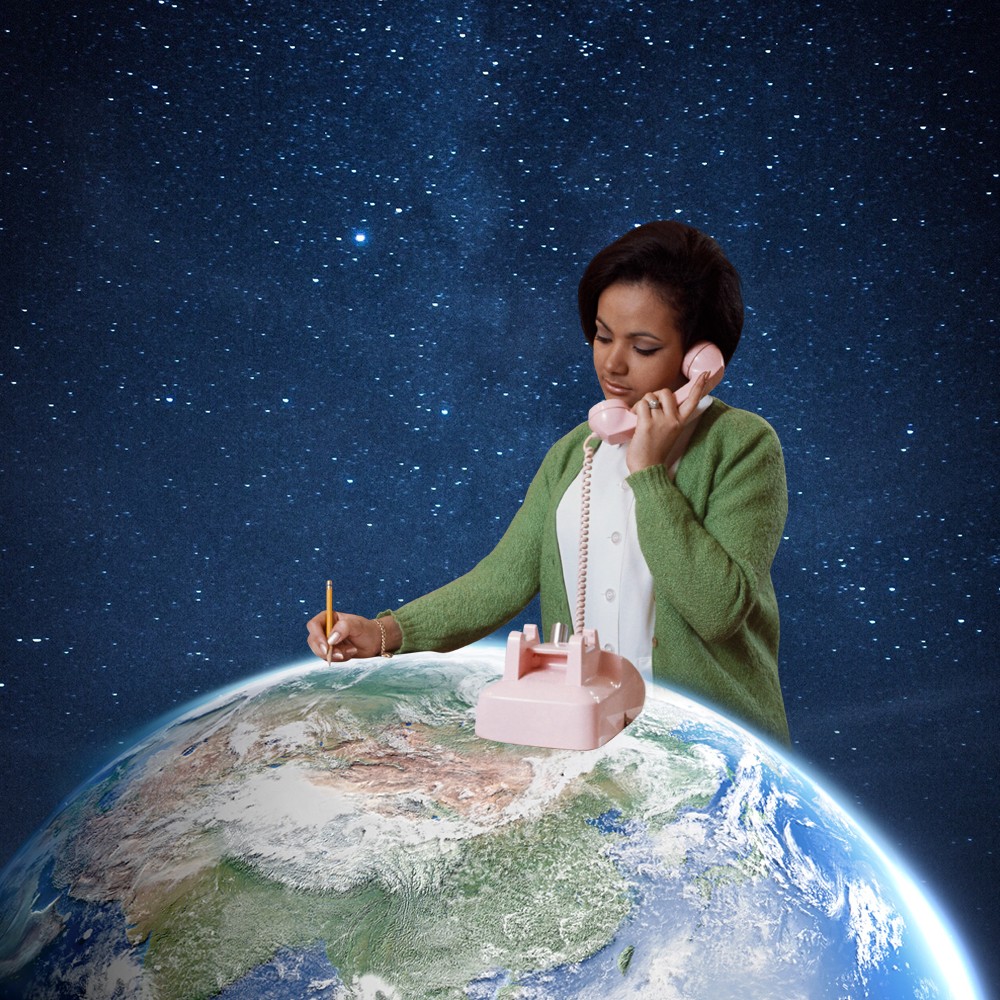 The Coolest Jobs at NASA Are Held by Women, Naturally
The Coolest Jobs at NASA Are Held by Women, NaturallyUm, how do I become a rocketship driver?
By Megan DiTrolio Published
-
 How to Look Better On Video Calls (Without Getting Up From the Couch)
How to Look Better On Video Calls (Without Getting Up From the Couch)Features Or putting on pants.
By Bianca Rodriguez Published